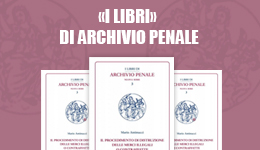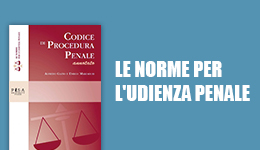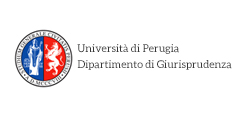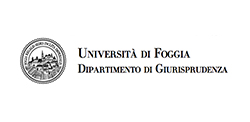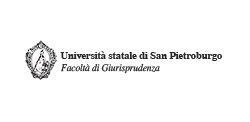Omicidio stradale e stato di ebbrezza: la Suprema Corte ancora all’incrocio tra incerte qualificazioni normative e (s)comodi automatismi
Archivio Penale
© dell'autore 2020
Ricevuto: 30 October 2020
| Accettato: 06 November 2020
| Pubblicato: 10 November 2020
L’intero articolo è disponibile
Riassunto
Vehicular homicide and drunkenness: the Supreme Court still at the crossroads between uncertain legal definitions and (un)comfortable automatisms
Vehicular crime is a terrain of fertile tensions between politics and criminology, in which criminal law is torn between the demands of collective security and the need for fidelity to the constitutional principles of criminal law. In this paper, the subject is critically tackled by relying on the text of a recent judgement which, in configuring the crime referred to in Article 589-bis, paragraph 2 of the Italian Criminal Code as a model of special complex crime, lingers on a reading of the offense which subverts the criteria of culpable prosecution, qualifying the state of drunkenness as a mere prerequisite for the application of aggravated vehicular homicide. This offers an opportunity to reflect on the need of reread the typical features of vehicular homicide in a state of drunkenness in accordance with the principle of guilt.
Percorso di valutazione
Peer reviewed. Certificazione della qualità


